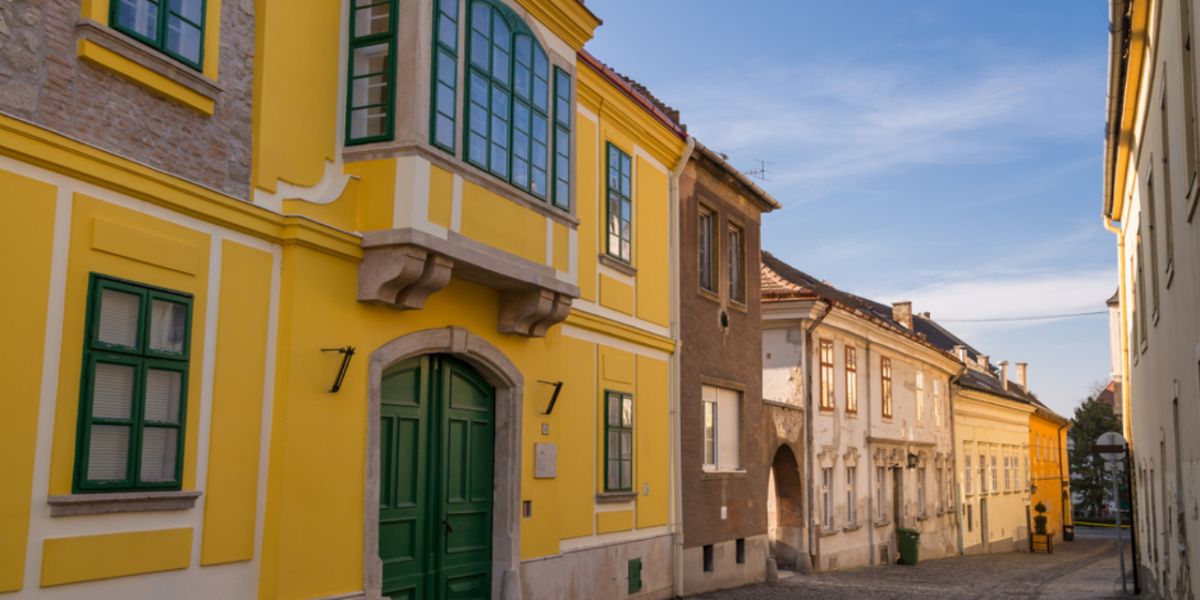
As is the case with most Eastern European countries, accommodation in Hungary is quite affordable. Being home to so many students, both locals and expats, Hungary offers many accommodation options in the form of private dormitories or shared flats and even for private flats, the price can very often be negotiated.
How to find accommodation in Hungary
There are several classifieds in the local newspapers. But, if your Hungarian is not great, the best option to find accommodation is to browse apartment hunting websites: most of them have at least English as a language option. One thing you need to be aware though is that sometimes the adverts have been placed by real estate agencies. Although there is nothing wrong with the properties depicted (in fact, their quality may even be better) you should be prepared to pay at least one month's and up to three months' rent extra as the agency fee.
Good to know: Hungary is a densely populated country and many older people (who also happen to be apartment owners) adhere to traditional values ' so word of mouth can be powerful. Additionally, there are many apartments that have been in the market so long, that they're not bound by contracts anymore so you can negotiate the price.
Useful links:
Alberlet (Hungary's #1 Apartment Rental Website)
Real Estate Hungary (formerly Ingatlan)
Hungary is a major destination for international students (consult our section Studying in Hungary), and the notice boards of universities can be quite helpful in your quest for accommodation if you're a student. University websites also feature adverts of students looking for roommates.
Useful links:
Central European University Online Orientation: Accommodation in Hungary
Cost of accommodation in Hungary
Deciding which Hungarian city you want to live in, is perhaps the most important thing ' even more important than deciding on a shared apartment Vs a private flat. The reason for that is that rent prices fluctuate dramatically depending on the city you're in. For example, the capital city of Budapest is the most expensive city by far, with GyÅr in the northwest following suit, whereas Miskolc in the northeast and Pécs in the south offer much more affordable housing options. An average private flat in Budapest can cost up to 390 euros per month, whereas renting with a flatmate will cost you around 174 euros. At the same time, in one of the more affordable cities like Miskolc, you can find a private flat for 213 euros and a shared one for 98 euros, so the difference is quite substantial.
Good to know: When calculating your budget, you should also take into consideration that utilities may be extra (and in the winter, the cost of heating will go up). Furthermore, most landlords ask for a two months' rent deposit.
What you need to know about the lease
First, you need to decide what kind of duration you'd like your lease to have. It is possible to rent seasonally (up to six months) or by semester (up to a year): these apartments are usually furnished and the price may be slightly higher. Long-term rentals (from a year onwards) are the most cost-effective option, as you can negotiate the price. Another thing to consider is whether the apartment you're renting is owned by the municipality or the state. Apartments like that belong in what is called the 'controlled sector' so you don't have the ability to negotiate the rent, as it is stipulated by law.
Good to know: If your apartment is rent controlled, you will be notified regarding the actual amount of your rent within eight days by the time you moved in ' and you have another eight days to object by writing if you disagree.
As per the lease, you should be aware that many Hungarian landlords may tell you it's not necessary and that a verbal agreement is enough. However, that way you are not protected and cannot make an appeal in case they suddenly terminate your contract without enough notice.
We do our best to provide accurate and up to date information. However, if you have noticed any inaccuracies in this article, please let us know in the comments section below.








